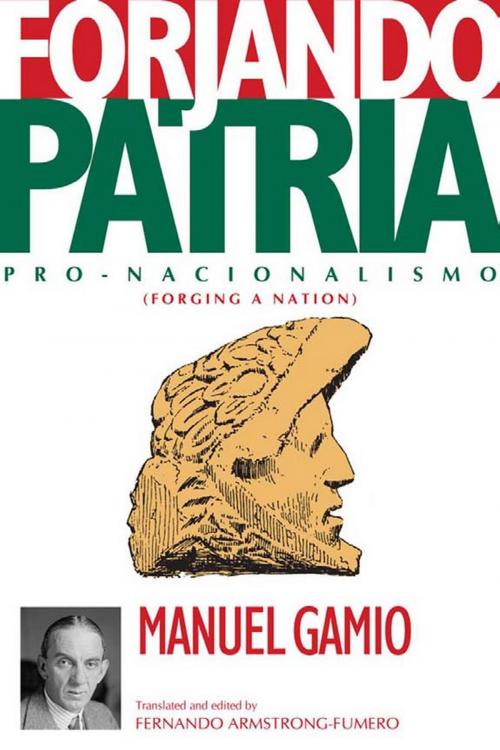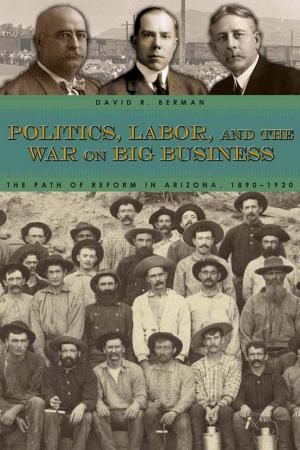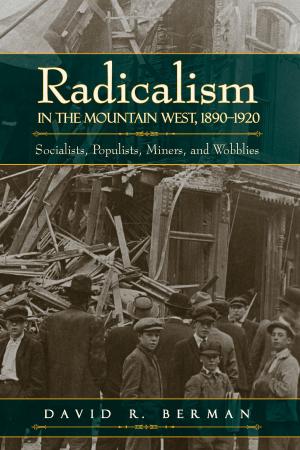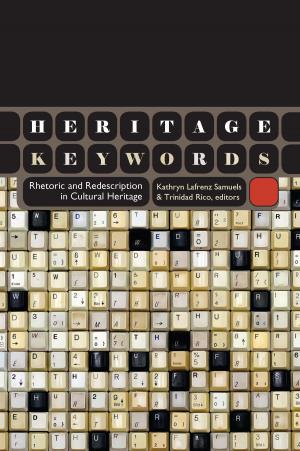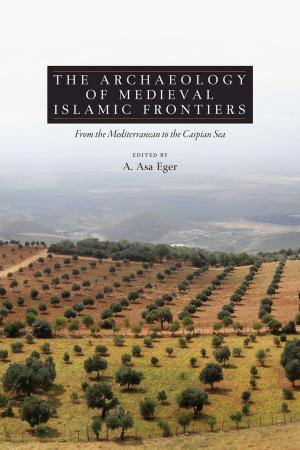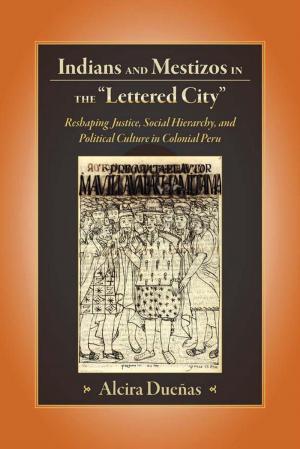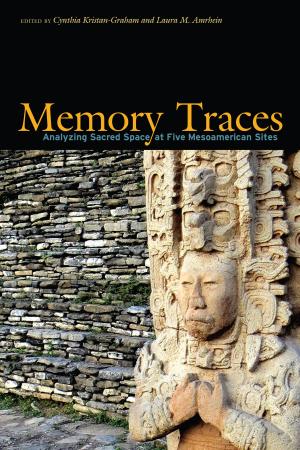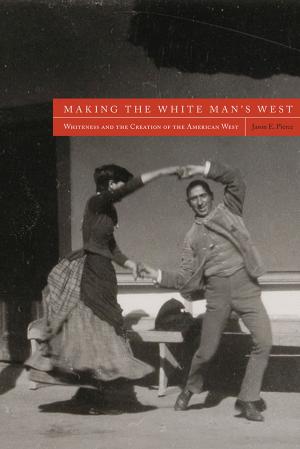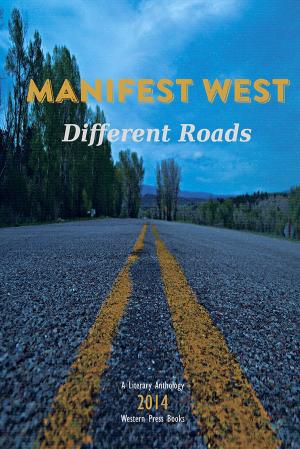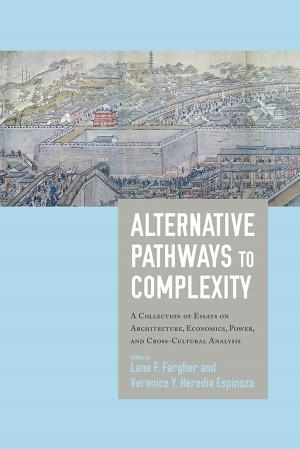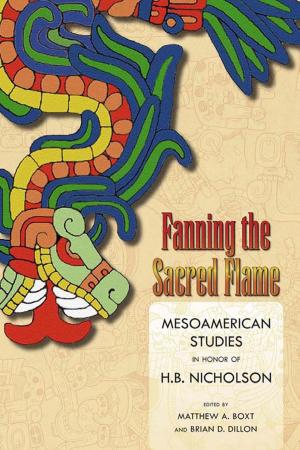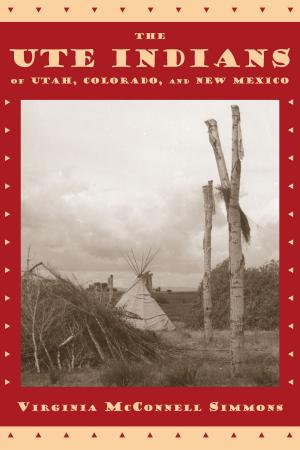Forjando Patria
Pro-Nacionalismo
Nonfiction, History, Americas, Mexico, Social & Cultural Studies, Social Science, Anthropology| Author: | Manuel Gamio, Manuel Gamio | ISBN: | 9781607320418 |
| Publisher: | University Press of Colorado | Publication: | January 15, 2010 |
| Imprint: | University Press of Colorado | Language: | English |
| Author: | Manuel Gamio, Manuel Gamio |
| ISBN: | 9781607320418 |
| Publisher: | University Press of Colorado |
| Publication: | January 15, 2010 |
| Imprint: | University Press of Colorado |
| Language: | English |
Often considered the father of anthropological studies in Mexico, Manuel Gamio originally published Forjando Patria in 1916. This groundbreaking manifesto for a national anthropology of Mexico summarizes the key issues in the development of anthropology as an academic discipline and the establishment of an active field of cultural politics in Mexico. Written during the upheaval of the Mexican Revolution, the book has now been translated into English for the first time.
Armstrong-Fumero's translation allows readers to develop a more nuanced understanding of this foundational work, which is often misrepresented in contemporary critical analyses. As much about national identity as anthropology, this text gives Anglophone readers access to a particular set of topics that have been mentioned extensively in secondary literature but are rarely discussed with a sense of their original context. Forjando Patria also reveals the many textual ambiguities that can lend themselves to different interpretations.
The book highlights the history and development of Mexican anthropology and archaeology at a time when scholars in the United States are increasingly recognizing the importance of cross-cultural collaboration with their Mexican colleagues. It will be of interest to anthropologists and archaeologists studying the region, as well as those involved in the history of the discipline.
Often considered the father of anthropological studies in Mexico, Manuel Gamio originally published Forjando Patria in 1916. This groundbreaking manifesto for a national anthropology of Mexico summarizes the key issues in the development of anthropology as an academic discipline and the establishment of an active field of cultural politics in Mexico. Written during the upheaval of the Mexican Revolution, the book has now been translated into English for the first time.
Armstrong-Fumero's translation allows readers to develop a more nuanced understanding of this foundational work, which is often misrepresented in contemporary critical analyses. As much about national identity as anthropology, this text gives Anglophone readers access to a particular set of topics that have been mentioned extensively in secondary literature but are rarely discussed with a sense of their original context. Forjando Patria also reveals the many textual ambiguities that can lend themselves to different interpretations.
The book highlights the history and development of Mexican anthropology and archaeology at a time when scholars in the United States are increasingly recognizing the importance of cross-cultural collaboration with their Mexican colleagues. It will be of interest to anthropologists and archaeologists studying the region, as well as those involved in the history of the discipline.
